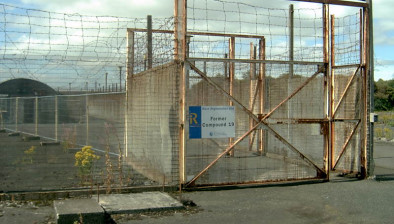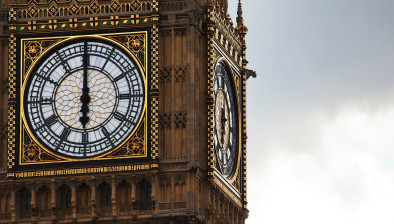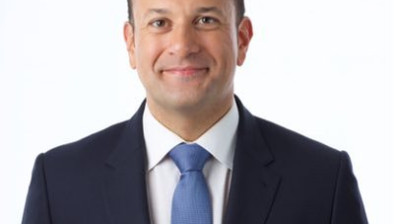UK: Peers warn ‘legal but harmful’ online content regulation poses threat to free speech
 UK government plans to address ‘legal but harmful’ online content threaten freedom of speech and would be ineffective, peers have warned.
UK government plans to address ‘legal but harmful’ online content threaten freedom of speech and would be ineffective, peers have warned.
Instead, existing laws should be enforced properly and any serious harms not already illegal should be criminalised, according to a House of Lords Communications and Digital Committee report published today.
“Vile racist abuse” directed at some England football players is an example of the kind of online behaviour, if not already illegal, that should be criminalised, the committee said.
And a handful of large companies, such as Facebook and Google – whose primary aim is to profit from users’ data – have “monopolised” the digital ‘public square’ with too much power over what people can say and see.
The committee welcomed the Online Safety Bill proposals to oblige digital platforms to remove illegal content and protect children from harm but warned that the draft legislation is “flawed” in relation to keeping children off pornography sites and said that platforms must ensure they do not over-remove content.
It added that platforms should contribute to more resources for the police to enforce the law effectively, including online harassment, death threats, incitement, stirring up hatred and extreme pornography on the basis that polluters should pay.
Lord Gilbert, chair of the committee, said: “If the government believes that a type of content is sufficiently harmful, it should be criminalised.
“We would expect this to include, for example, any of the vile racist abuse directed at members of the England football team which isn’t already illegal. It has no place in our society and the full force of the law must be brought down on the perpetrators urgently.
“The right to speak your mind is the hallmark of a free society and a right long treasured in Britain but it isn’t an unfettered right.
“The rights and preferences of individuals must be at the heart of a new, joined-up regulatory approach, bringing together competition policy, data, design, law enforcement and the protection of children.
“Britain can be a world leader, setting standards to which other countries can aspire. We must get this right.”
Platforms’ moderation decisions are often “unreasonably inconsistent, driven by political and business interests, and have stifled legitimate debate”, the committee said, and government proposals to require them to respect ‘content of democratic importance’ don’t go far enough.
Lord Gilbert added: “The benefits of freedom of expression online mustn’t be curtailed by companies such as Facebook and Google, too often guided their commercial and political interests than the rights and wellbeing of their users.
“People have little choice but to use these platforms because of the lack of competition. Tougher regulation is long overdue and the government must urgently give the Digital Markets Unit the powers it needs to end these companies’ stranglehold.”







